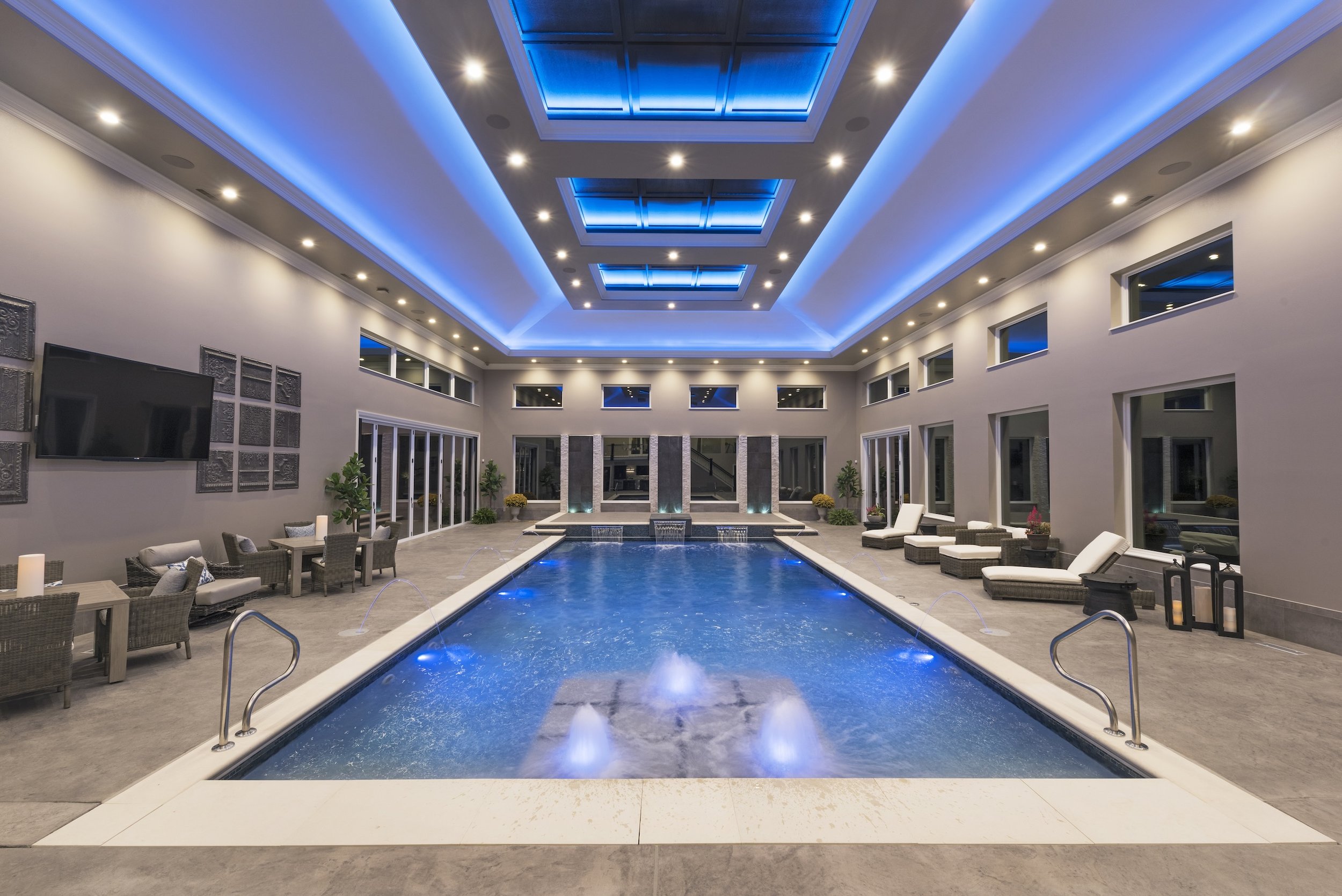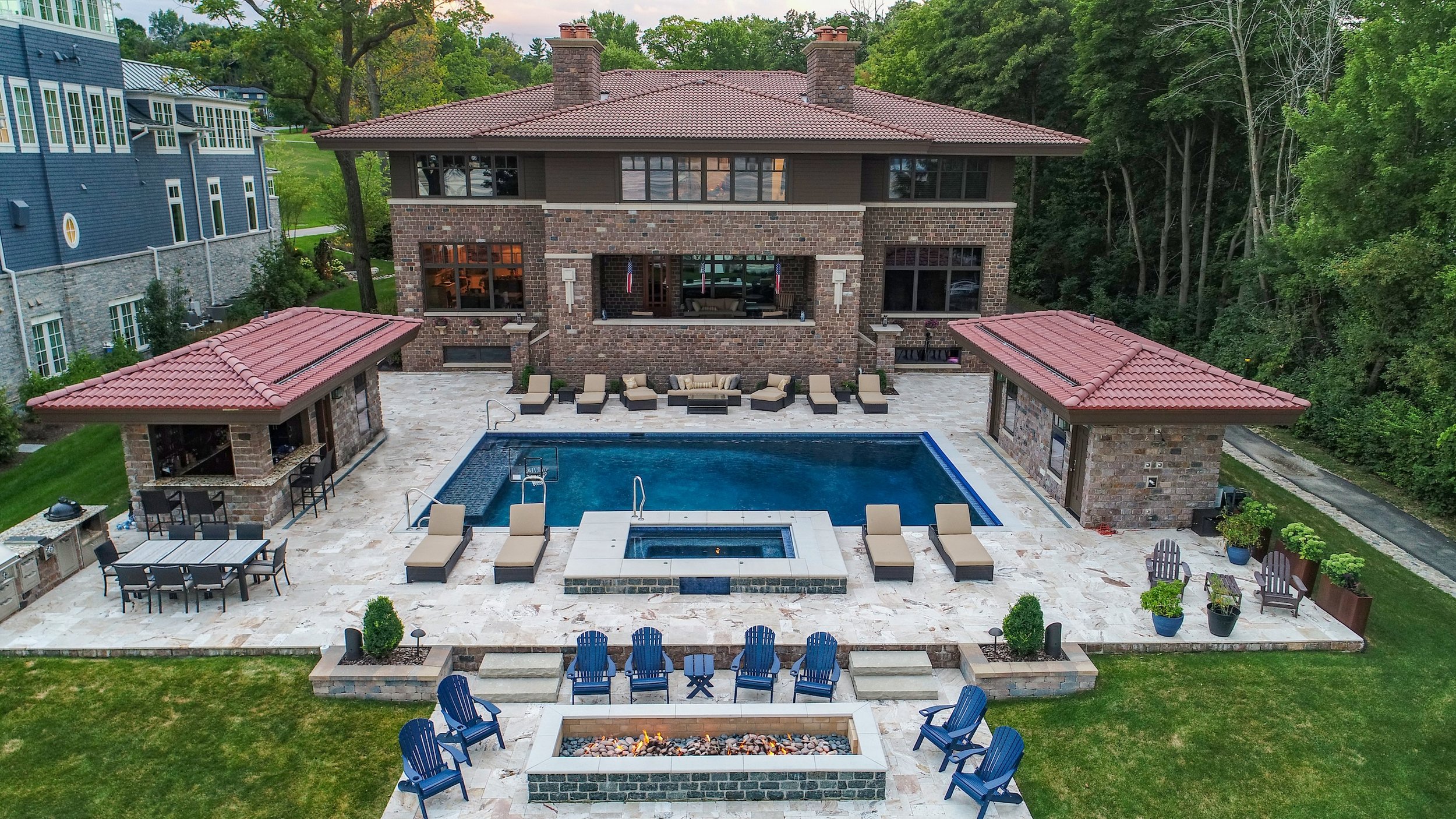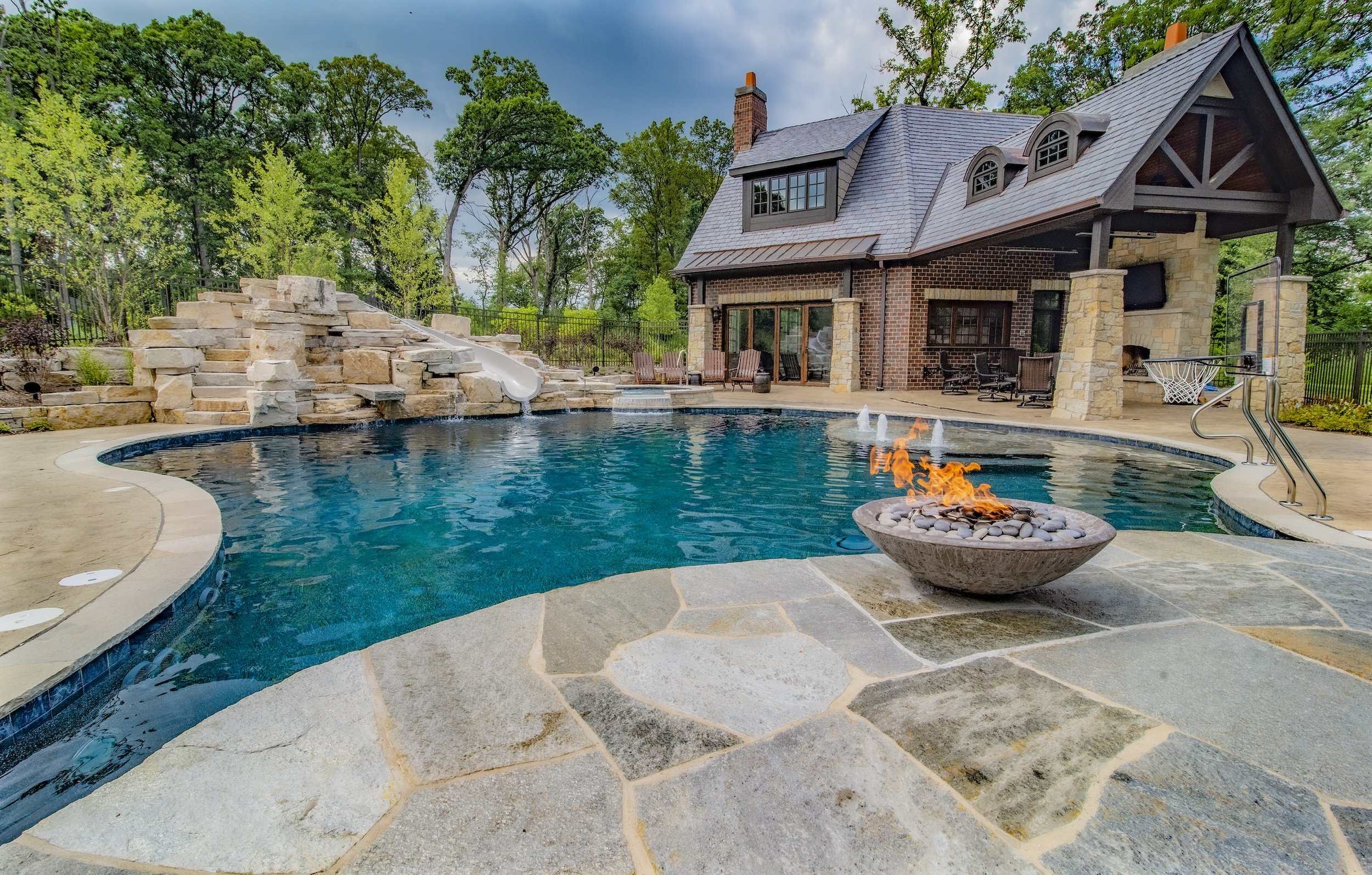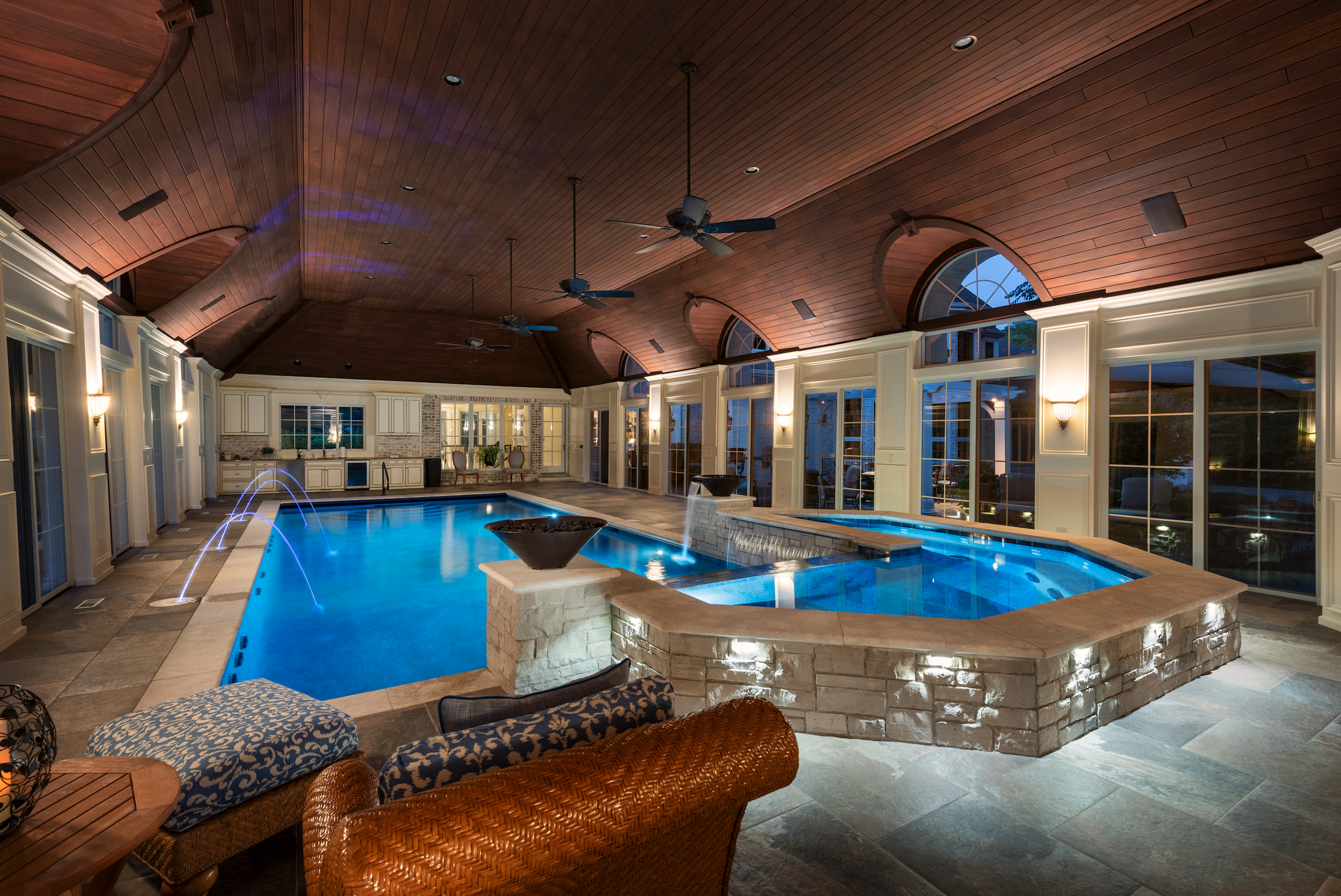
dream
BIG.
SINCE 1973,
BARRINGTON POOLS HAS BUILT THOUSANDS OF THE FINEST CUSTOM POOLS THROUGHOUT CHICAGOLAND & SURROUNDING AREA
For more than 50 years, our reputation for building exceptional inground swimming pools has been earned through our commitment to excellence for our customers. Serving residential and commercial clients in Chicago, Illinois, and the surrounding metropolitan area, Barrington Pools is proud to be the area’s elite pool builder.
As Illinois’ only Master Pools Guild member, our team of designers, builders and craftsmen will help guide you through the process of creating a truly luxurious custom pool, spa, or entire outdoor living space.
Dream Big… we can make it a reality!

“
“BARRINGTON POOLS DESIGNED AND BUILT ONE OF THE MOST SPECTACULAR POOLS WE’VE EVER SEEN. WE STILL CAN’T BELIEVE IT’S OURS!”
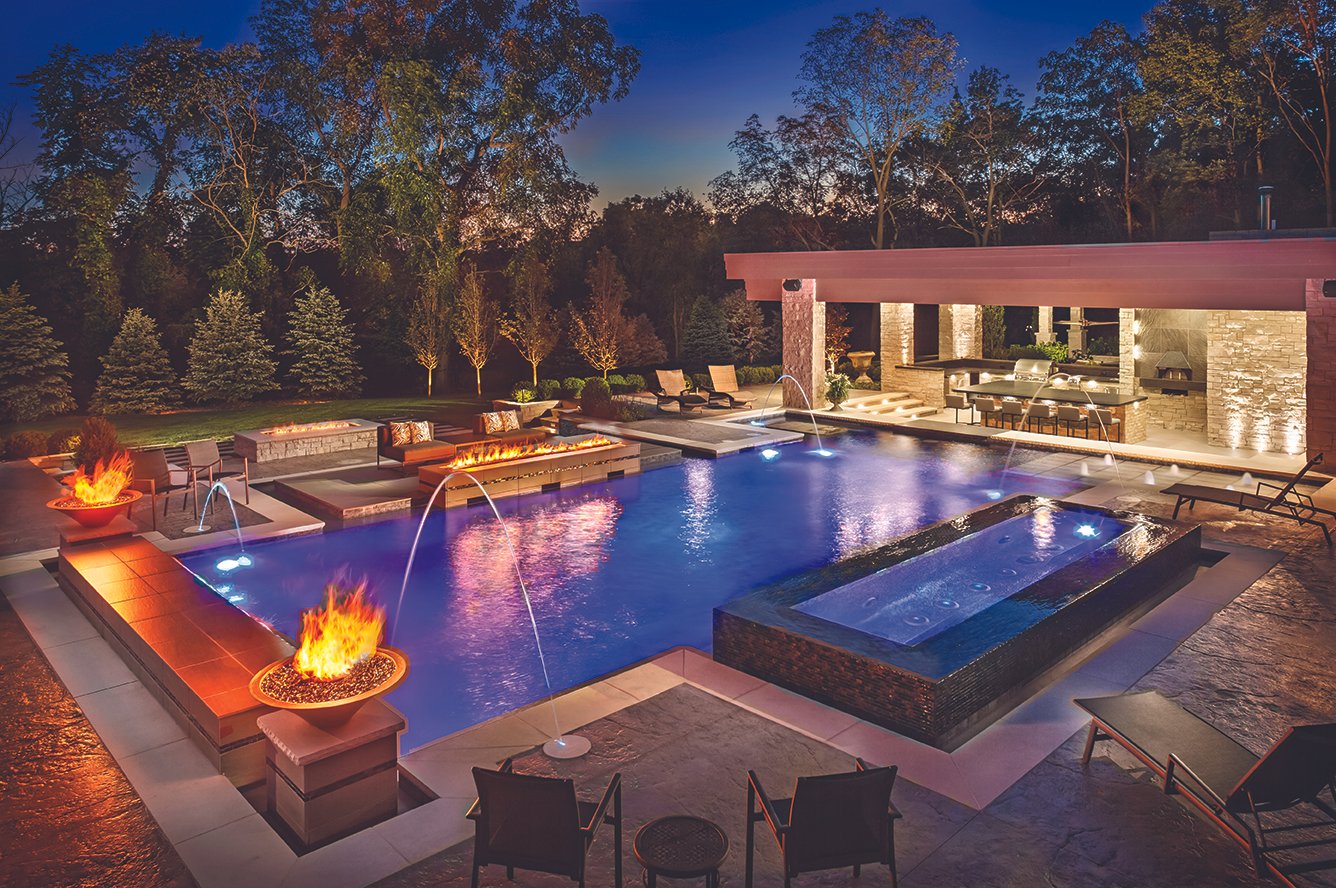
THE MOST BEAUTIFUL POOL IN THE INDUSTRY
Thoughtfully designed, one that’s structurally superior, best hydraulically functioning, code compliant, and the longest lasting pool and spa in the industry. Your pool and spa will be custom built by Barrington Pools with uncompromising craftsmanship and diligently maintained by a company dedicated to the highest standard of quality.
From initial sale to final occupancy, our experienced and knowledgeable staff is available to guide you and answer any questions you might have along the way.
Your backyard transformation only begins with the pool and spa. Barrington Pools also proudly designs and constructs waterfalls, large and small, rambling brooks, raised spas, simple to elaborate fountains with attention to both classical and modern design and details, outdoor fireplaces and fire pits, outdoor kitchens with pergolas and ceiling fans that keep your family and guests gathered around your pool after the swimming is over.
Custom Inground Swimming Pools & Spas
Custom Indoor Pools & Spas
Traditional Hardscapes: Patios, Decks and Lighting
Fire Features: Fireplaces, Fire Pits, Gas Fire Bowls
Outdoor Kitchens and BBQ’s
Custom Structures: Pool Houses, Pergolas, Arbors, and Trellises
Traditional and Built-In Pool Bars
Water Features: Islands, Grottos, Fountains and Waterfalls

SO MUCH MORE THAN JUST AN INCREDIBLE POOL
POOL DESIGN GALLERY
MEMBER, MASTER POOLS GUILD
The Master Pools Guild is a global network of elite, custom pool builders whose mission is to create the finest pools in the world. Membership is by invitation only and is earned by topping the A-list of builders in a respective area. Established in 1962 to share ideas and information, the Guild is now the largest international network in the industry with over 110 members around the world.
Invited in to join the Master Pools Guild in 1985, Barrington Pools is the only area pool builder inducted into its membership. Over the more than 40 years, Barrington Pools has been recognized each year during the Guild’s annual Excellence Awards ceremony for our innovative and captivating swimming pool designs. When a pool is designed and built by Barrington Pools, one can be rest assured that it is, indeed, built by a master.
CONTACT US TODAY
If you would like to schedule a consultation with our pool design team, or would like more information regarding new pool construction, pool renovation, pool service or outdoor living spaces from Barrington Pools, please feel free to contact us directly by email, by calling (847)381-1245, or complete the form below and we will get in touch with you as soon as possible.
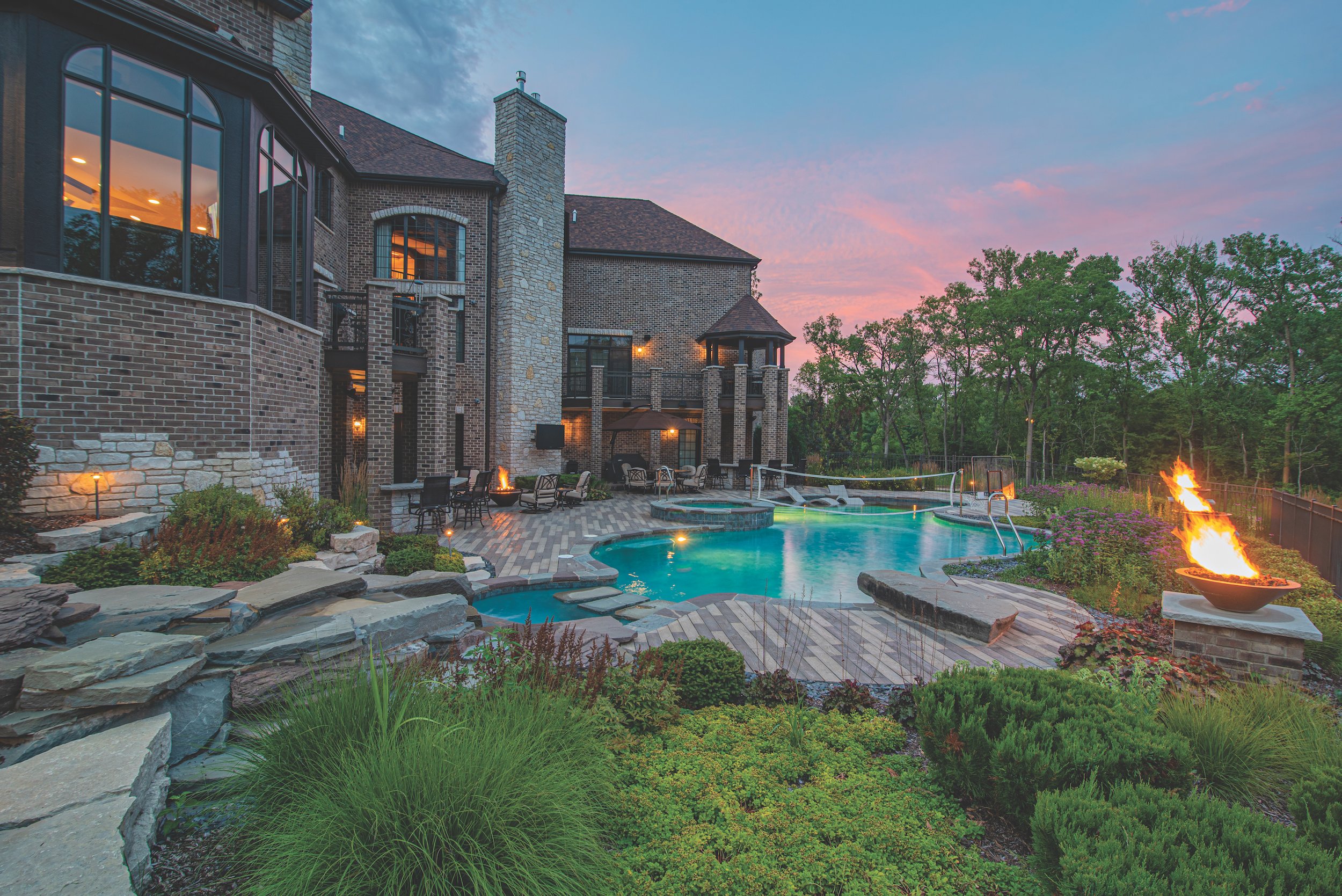
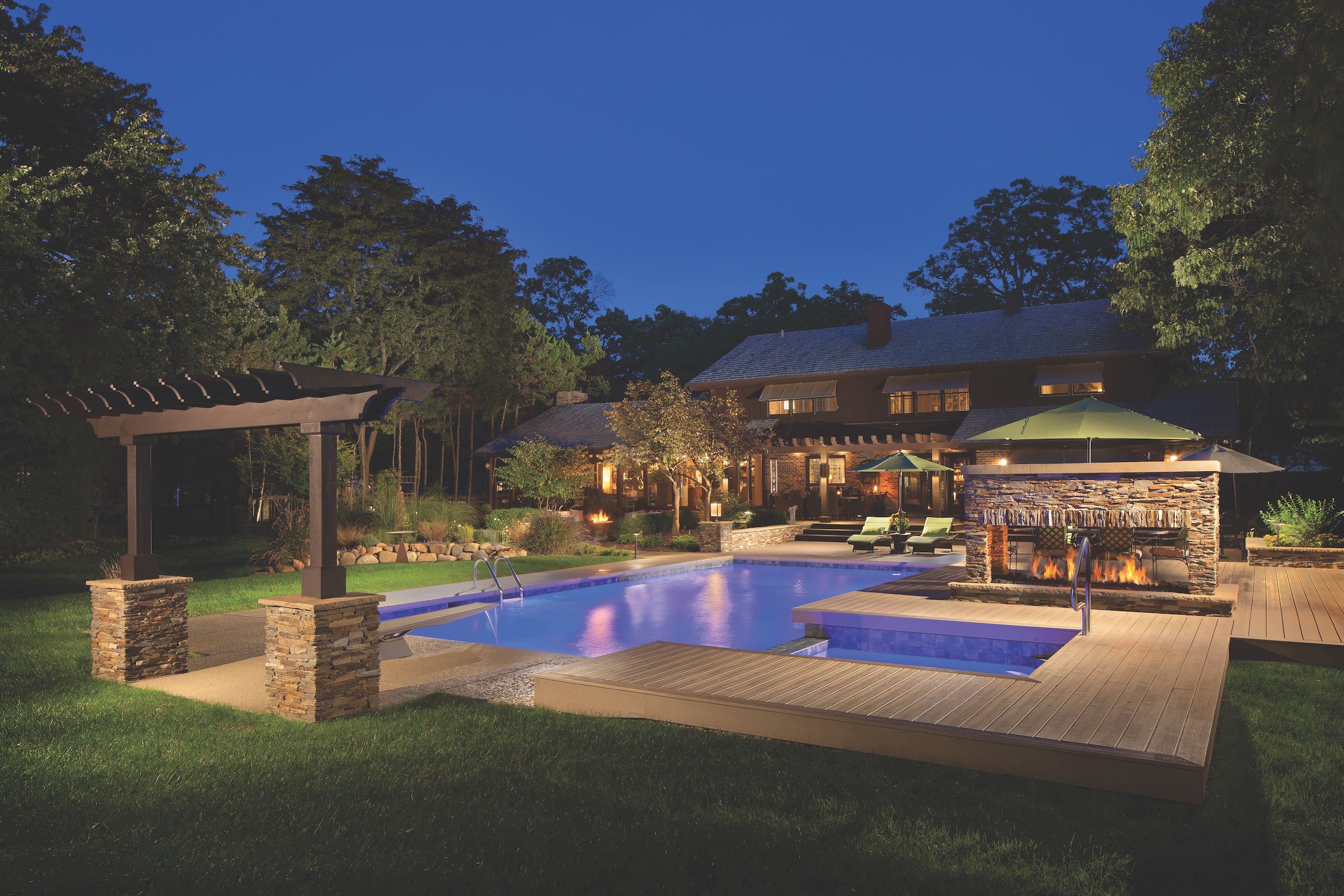
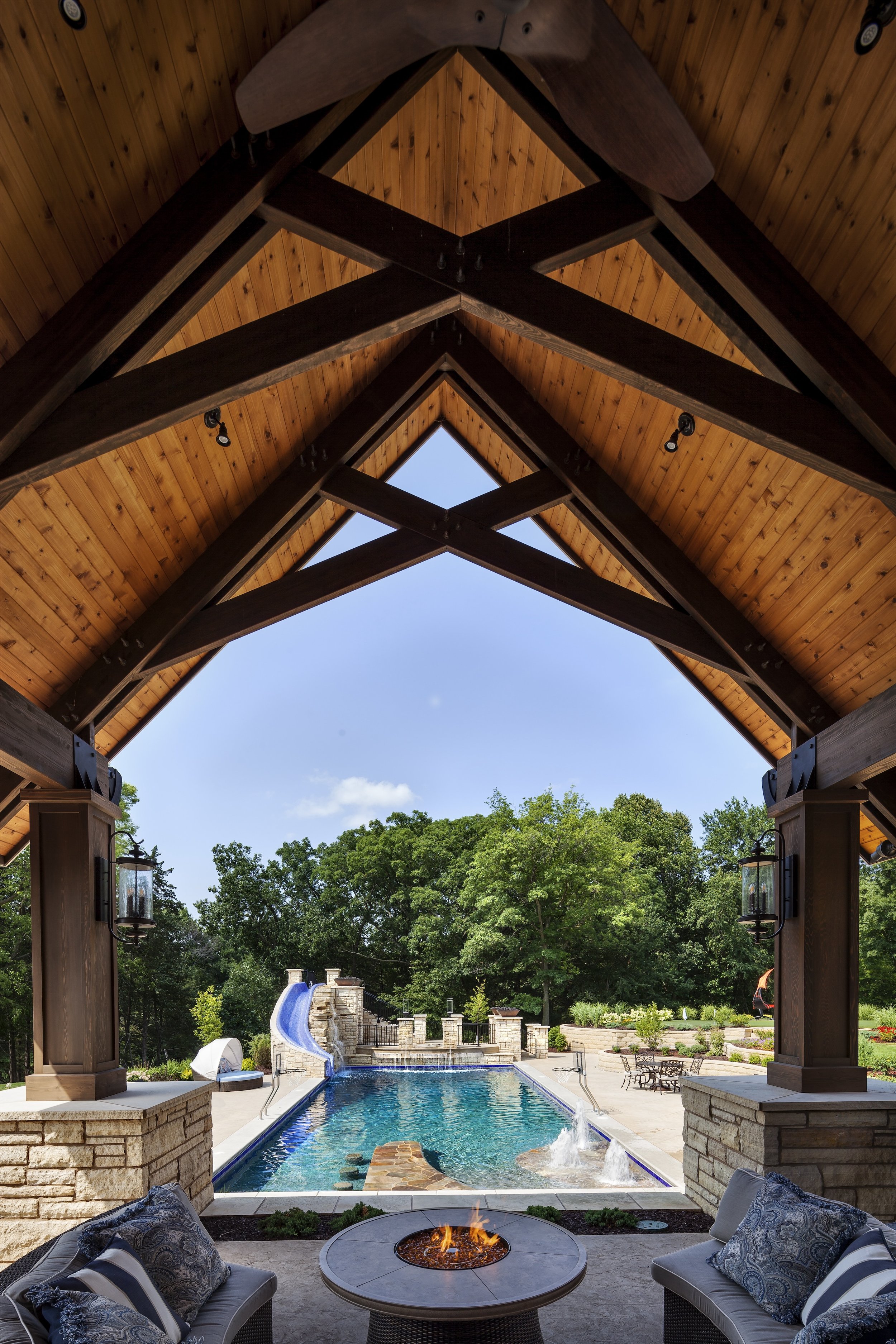
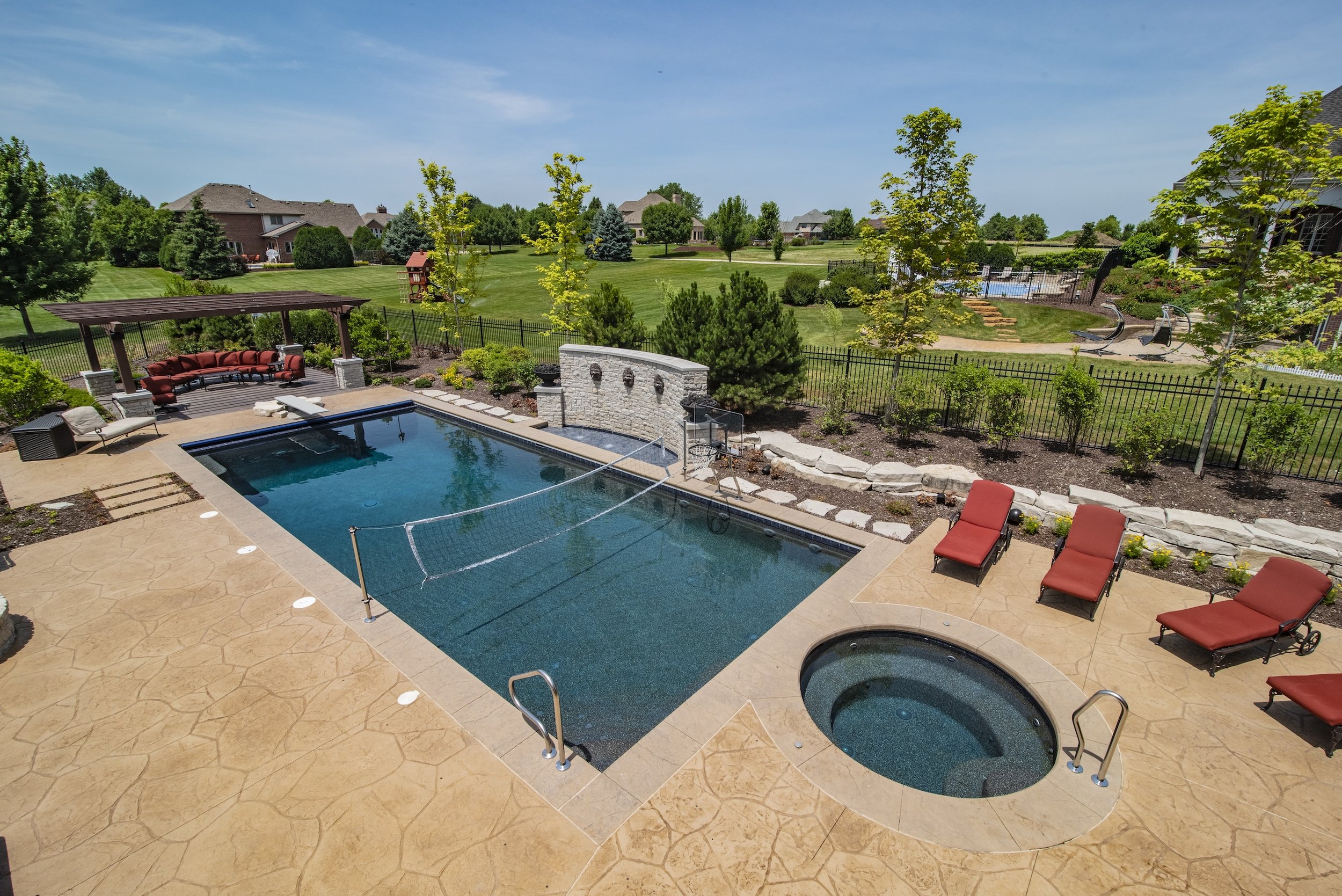
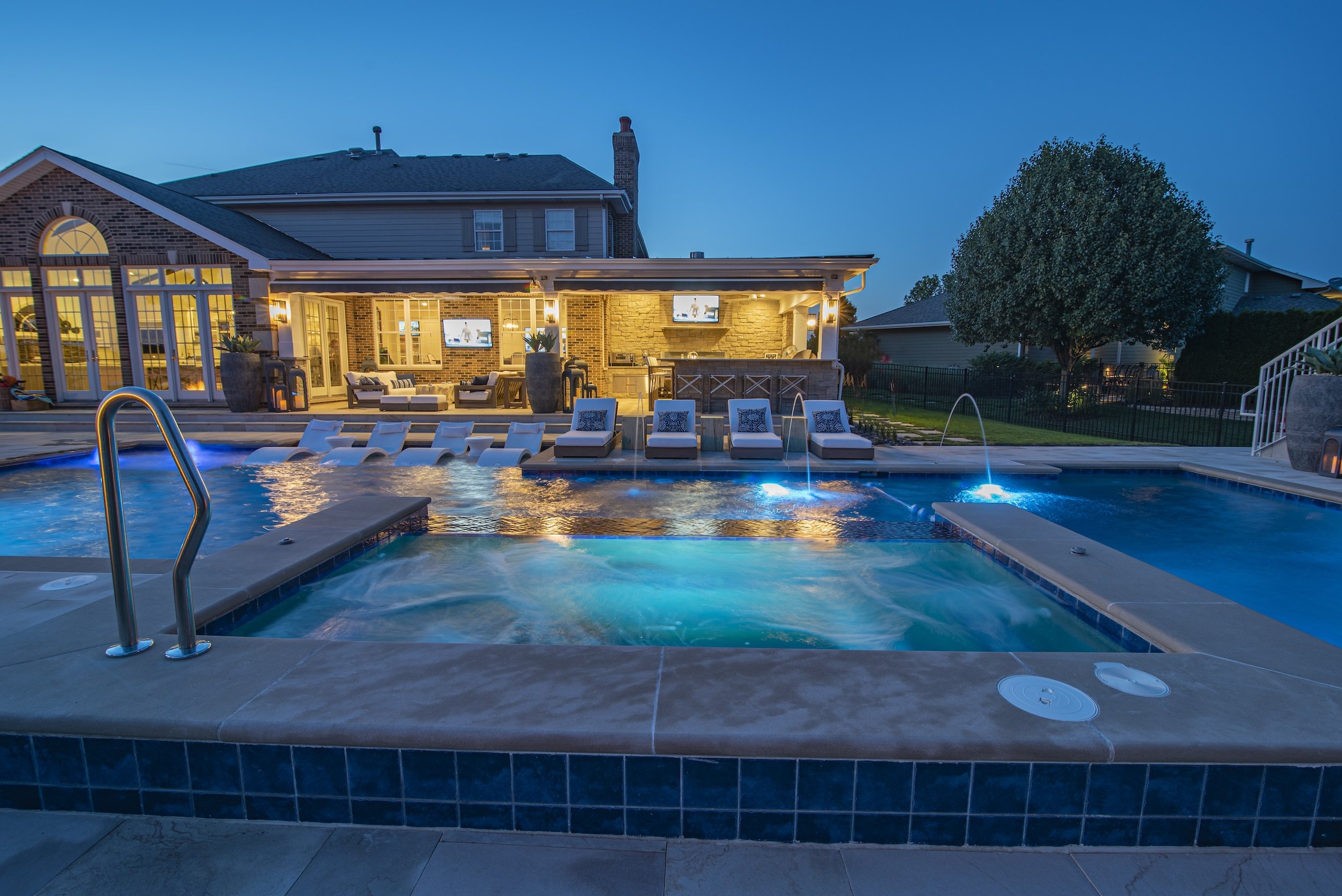
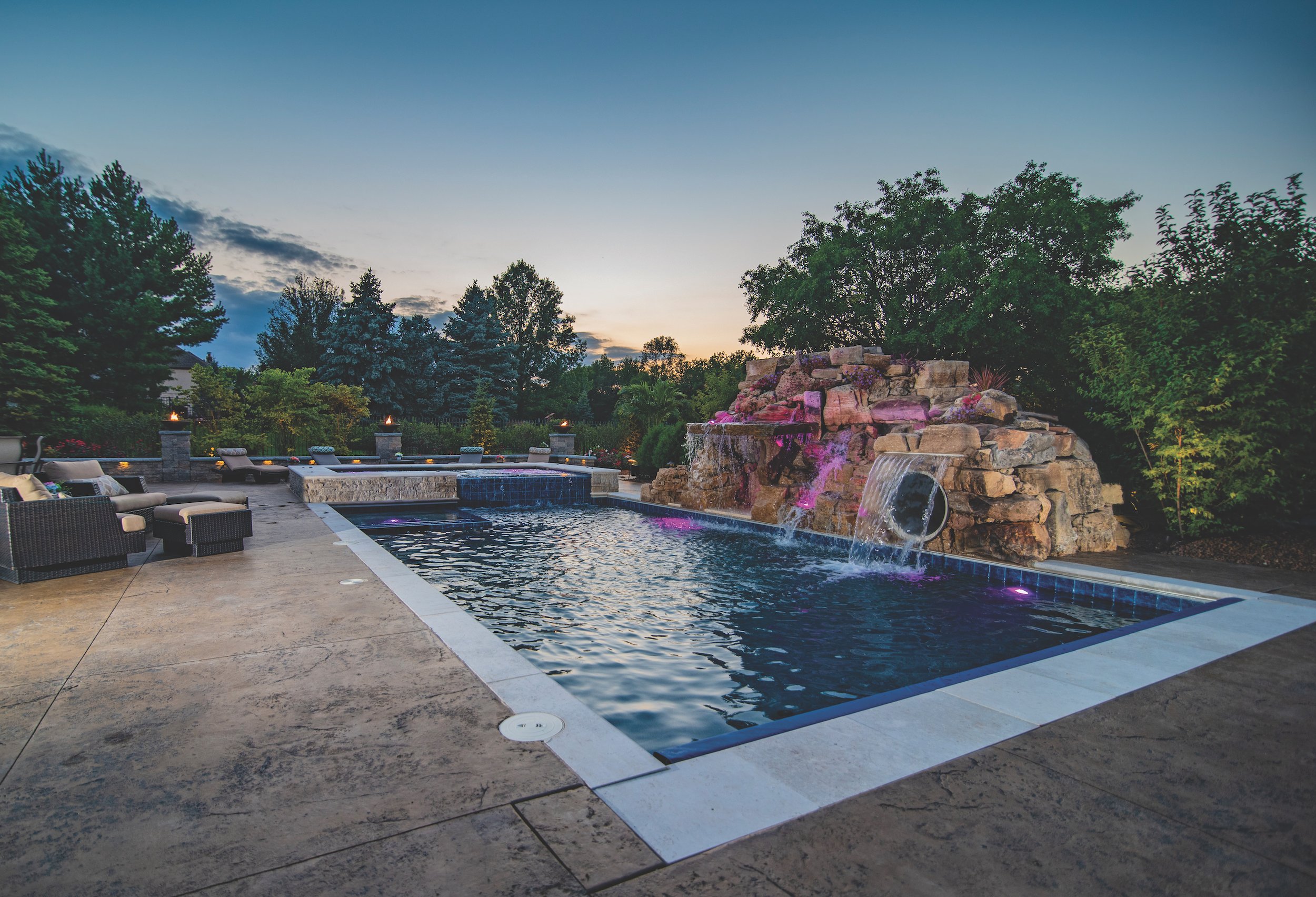
Barrington Pools is proud to serve Algonquin, Arlington Heights, Aurora, Bannockburn, Barrington, Bartlett, Buffalo Grove, Burr Ridge, Campton Hills, Chicago, Crystal Lake, Deer Park, Deerfield, Downers Grove, Elmhurst, Flossmoor, Frankfort, Geneva, Glen Ellyn, Glencoe, Glenview, Harvard, Hawthorn Woods, Highland Park, Hinsdale, Homer Glen, Huntley, Inverness, Kenilworth, Kenosha, Kildeer, Lake Bluff, Lake Forest, Lake Geneva, La Grange, Lemont, Libertyville, Lincolnshire, Long Grove, Mettawa, Naperville, New Lenox, Northbrook, Oak Brook, Orland Park, Palos, Palatine, River Forest, Riverwoods, St. Charles, Vernon Hills, Wayne, Western Springs, Wheaton, Wilmette, Winfield, Winnetka, Woodstock and surrounding areas.




